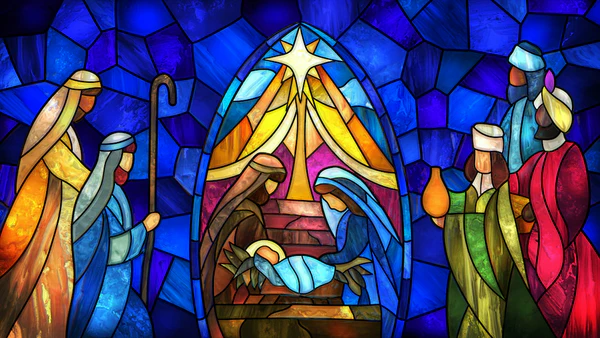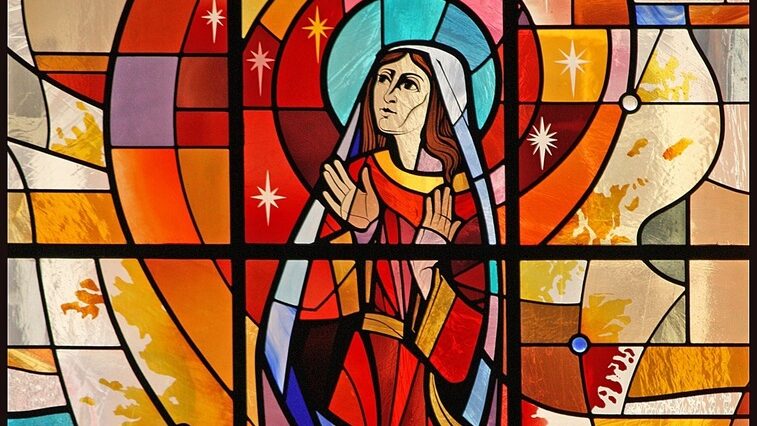The unusual format of the Matthew 1 genealogy foreshadows Jesus’ ministry with and value for women, demonstrating there truly is no lost cause no matter what society may dictate. Two specific women from Jesus’ ministry come to mind — the adulterous woman in John 8 and the woman at the well in John 4. In His interaction with each, Jesus breaks societal standards just like Matthew does in the genealogy.
The Pharisees once brought a woman caught in adultery before Jesus, asking, “Now in the Law, Moses commanded us to stone such women. So what do you say?” (John 8:5). Jesus protects the adulterous woman, daring “him who is without sin among you be the first to throw a stone at her” (John 8:7). He forgives her sin saying, “Neither do I condemn you; go, and from now on sin no more” (John 8:11).
By social standards, Jesus should not even have been talking to the woman at the well, as He was a Jew and she a Samaritan. Yet He has no hesitation interacting with her even when she questions Him. Jesus uses the woman’s testimony to minister to those around her: “Many Samaritans from that town believed in Him because of the woman’s testimony” (John 4:39).
Jesus did not shy from interacting with tainted women. He saw them and their value, not as property but as people.
For the glory of God
Jesus’ ministry focused on saving the lost, regardless of their social status, past, age, gender or nationality. Paul says in 1 Timothy 1:15–16, “Christ Jesus came into the world to save sinners, of whom I am the foremost. But I received mercy for this reason, that in me, as the foremost, Jesus Christ might display his perfect patience as an example to those who were to believe in him for eternal life.”
Jesus came to save the lost for the glory of God.
After looking at these women and their stories — specifically the Matthew 1 women — we might be left with a “So what?” feeling. It is clear their stories are important, and each has an obvious takeaway. These women are included to demonstrate how God uses all people for His purpose. By His very nature, God is faithful. He allows struggles and suffering, but uses it for His glory.
These women are the perfect example of Paul’s words in 2 Corinthians 4:16–18: “So we do not lose heart. Though our outer self is wasting away, our inner self is being renewed day by day. For this light momentary affliction is preparing for us an eternal weight of glory beyond all comparison, as we look not to the things that are seen but to the things that are unseen. For the things that are seen are transient, but the things that are unseen are eternal.”
Ultimate eternal weight
God renewed each of these women for the ultimate eternal weight — continuing the line of David to fulfill God’s plan and promises. He can use the tainted, the prostitute, the widow, the unfaithful, the outcast. But He doesn’t leave them with the weight of the world’s identity. Every single one was transformed.
Because we live in a broken world, these feelings are not as foreign as we might think they are. At some point every woman has been victimized, reckless or foolish, has felt unclean or ruined. Society tells us that we are our sin. Sin becomes our identity. But when God looks at us, He sees our blameless Savior.
To God, the reckless are courageous; the unclean are forgiven; the foolish are loyal; the victimized are redeemed; the ruined are worthy. Through God’s eyes we all are transformed.
Now when you read through Matthew 1, don’t skip the genealogy. Rest in God’s faithfulness and redemption. Take time to look at the names — Tamar, Rahab, Ruth, Bathsheba, Mary. Remember the work God did in their lives. Know that He is doing the same in yours.
Don’t miss the rest of this series: introduction, Tamar, Rahab, Ruth, Bathsheba and Mary.






